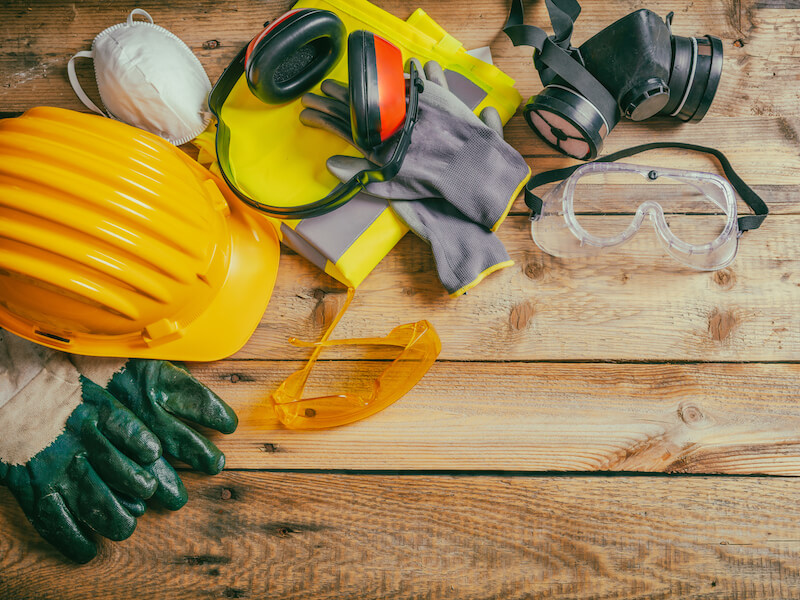
Every year, approximately 2 million workplace injuries are reported. Usually, we think about a hand caught in a piece of machinery or a flying projectile when we consider work-related injuries.
But there is a much more pernicious on-the-job injury that is even more prevalent and often undetected. Over the course of several years, it will sneak up gradually on people. The injury goes undetected until the effects become impossible to dismiss. People often make excuses. “It’s just part of growing older” or “It’s a temporary problem”. This response is normal.
And it’s unusual for people to even realize that their workplace is to blame for this injury.
The insidious injury is hearing damage. There are some significant steps you should take if you detect any of the numerous warning signs.
Exactly When Does The Volume Become “Too Loud”?
Your hearing can be irreversibly damaged with sustained exposure to as little as 85 decibels (dB) over a long period. Seventy-five dB, for instance, is the average volume of a vacuum cleaner. Eighty-five dB for a lawnmower. If you’re exposed to a leaf blower or a chainsaw you’re experiencing 100 dB. And the volume of a gunshot logs in at 140 dB.
Are you at risk when you’re at work? Are you being exposed to the most common workplace injury? Over time, your hearing can be damaged if you’re regularly exposed to sound as loud as a lawnmower, even if it’s not continuous.
Hearing Damage Signs
If you work in a loud environment, there’s no question you’re damaging your hearing.
Your experiencing hearing loss if you notice any of the following symptoms:
- When people speak, you tend disengage.
- You feel pain when you hear loud noises.
- You can’t understand the person speaking if there’s background sound.
- Conversations sound muffled.
- You regularly ask people to repeat themselves when they talk.
- When you speak with people you constantly believe they are mumbling
- consonants get confused – “Todd” sounds like “Dodd,” for instance.
- You’re hearing noises in your ears like ringing, hissing, or whistling.
- Your friends and family tell you your TV, radio, or computer tablet volume is too loud.
What Are Employers Doing to Reduce Hearing Damage?
Businesses and organizations are using the latest technology to reduce workplace noise in overly loud settings. Government agencies are working to modify recommendations that will minimize workplace noise and protect employees.
As more employees become aware of the recurring damage they have endured as a result of workplace noise, they are coming forward. With time, their voices will result in further change.
Preventing Further Damage
If you work in a noisy environment, the smartest thing you can do is protect your ears before any damage takes place. Wearing protective earmuffs or earplugs while at work will help reduce potential damage.
If you think your hearing has been damaged by a noisy workplace, make an appointment for a hearing exam as soon as you can. When you determine the level of your hearing loss, you will learn how to prevent further damage going forward. We address any hearing damage you already have and develop strategies to help you prevent any additional damage.

